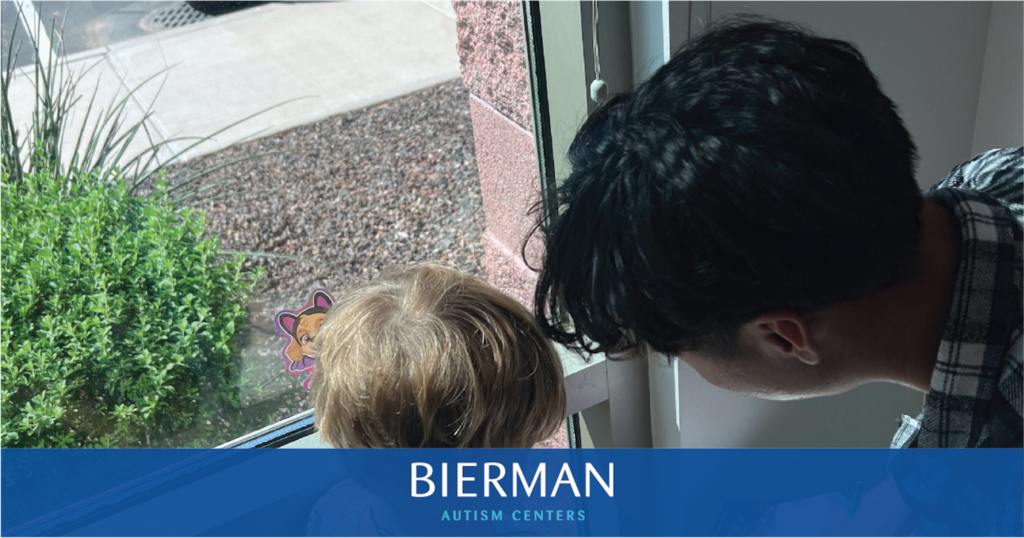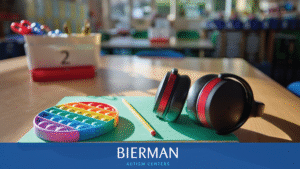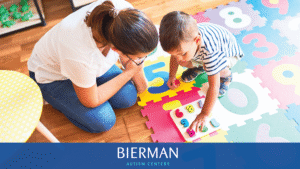I have been working as a consultant in the field of ABA Therapy for 9 years and have worked with dozens of different children. When discussing goals, I often say one important phrase to the families I work with. “Let’s focus on you and what is most important first.”
When I meet with clients for the first time, I assess a child’s abilities in many different areas, such as language skills, social skills, appropriate play skills, cooperation skills etc. I get a chance to interact with the children myself, talk to the families, and prepare a report which outlines the basic direction in which a child’s therapy program should be designed. I often have many children that need improvement in many different areas depending on the severity of the autism.
It is vital for a child’s success that families understand you can’t work on every single problem simultaneously. We need to pick what is most important and beneficial to the child to begin learning and focus on teaching these things first. Developing skill sets are like building blocks. Once you teach a new skill, you can use it to help you develop another. As a Behavior Analyst, I can break down a goal into small steps, and my job is to train therapists and families where to start and how to see results so that we can continue working towards the overall goal.
For example, a child with absolutely no communication skills, who never follows directions, and engages in many different forms of disruptive behavior will not be able to sit at a table right away, so we cannot begin teaching him to begin academic work at a table. This is where I ask families, “What do you think would benefit your child the most right now?” My main goal would be first to help this child how to communicate effectively with his family and help him ask for a drink when he is thirsty, a cookie or cracker when he is hungry, or a favorite toy. Could you imagine what it would be like if you could not ask for the things you want the most? Next, it would be important to start developing cooperation skills because you can’t teach a child anything if they are not willing and ready to follow directions. If you try to teach a child to learn any type of new skills under these conditions, you will be turning it into a struggle and teaching the child that learning is not fun.
Once a child is cooperative and enjoys learning, we can continue expanding on learned skills and begin teaching other possible skills, such as labeling objects, playing appropriately with toys, increasing eye contact, and basic social skills. At this point, academics may be a little way down the road. Still, follow developmentally appropriate goals and continue to work towards the next step. You can eventually reach the point where children are ready to sit at a desk and learn academics in a school environment.
It takes patience, dedication, and time, but I have worked with children that have experienced this type of success through ABA therapy.


